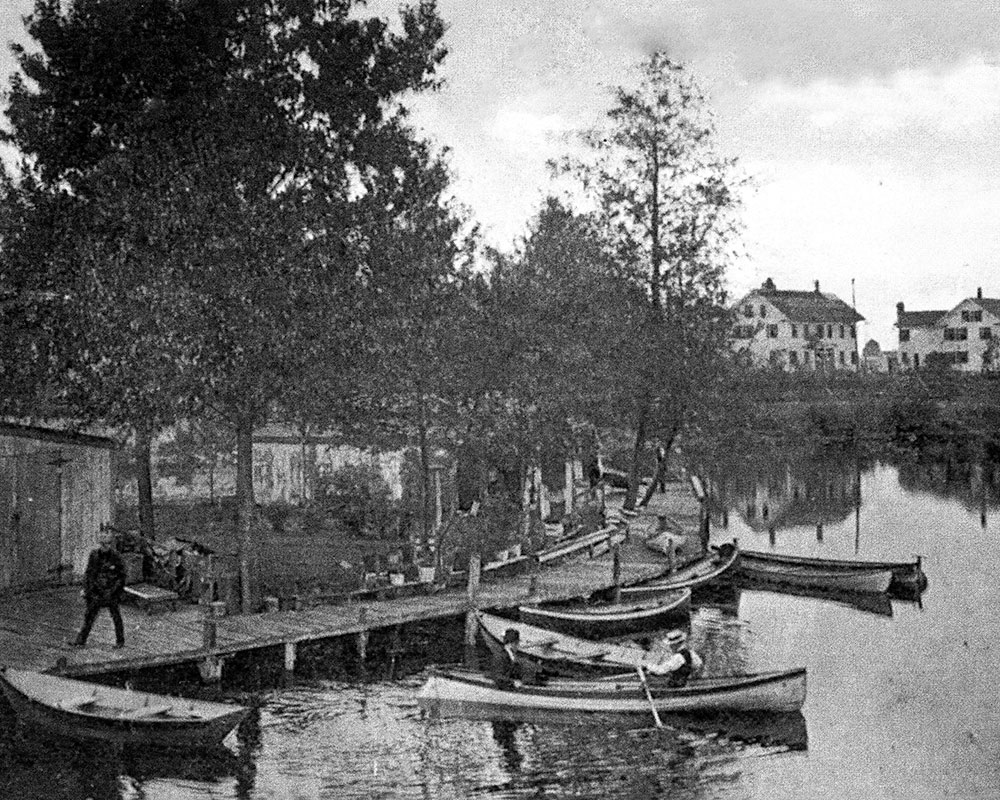A coalition will investigate water quality issues in the Spicket River using $50,000 from a federal program administered by the state.
Methuen, Lawrence, Merrimack Valley Planning Commission, Merrimack River Watershed Council and GroundWork Lawrence will work together to develop solutions for pathogen and nutrient impairments in the Spicket River. The state Department of Environmental Protection said the partnership will conduct a land use assessment, collect water quality data, develop a watershed-based plan, prepare preliminary designs for five-to-eight best management practices and implement a multi-lingual water quality outreach campaign.
“Environmental protection and preservation of our Commonwealth’s natural resources continues to be a priority for our administration,” said Gov. Charlie Baker. “This funding will be instrumental in understanding how local communities can develop an effective plan to address this type of pollution today and well into the future.”
The grant is part of $216,078 awarded to five projects across the Commonwealth to assess contaminants that are carried to a waterway due to precipitation and stormwater runoff from the land or infiltration into the soil. Common types of nonpoint source pollution include phosphorus and nitrogen from lawn and garden fertilizers, bacteria from pet waste and waterfowl, oil and grease from parking lots and roadways and sediment from construction and soil erosion.
Besides Lawrence and Methuen, grants will go to Amesbury, Ashfield, Buckland, Hanover, Hawley and Medway.
Lt. Gov. Karyn Polito said, “Local officials are undertaking many worthy projects to develop a comprehensive approach to restoring water resources, and we will continue to support them in their efforts.”
Amesbury received $70,540 to rank water quality restoration recommendations that can be used as a road map over the next 10 years, with a focus on climate change impacts, sustainability and long-term resiliency and agricultural/backyard farming pollution abatement. Watershed-based plans will be developed or updated for the Powwow River and Lake Gardner, Back River and Lake Attitash watersheds. Five conceptual design plans will also be developed and a preliminary Green Streets survey will be conducted for the downtown.
The money comes from the U.S. Environmental Protection Agency as part of the Clean Water Act.

